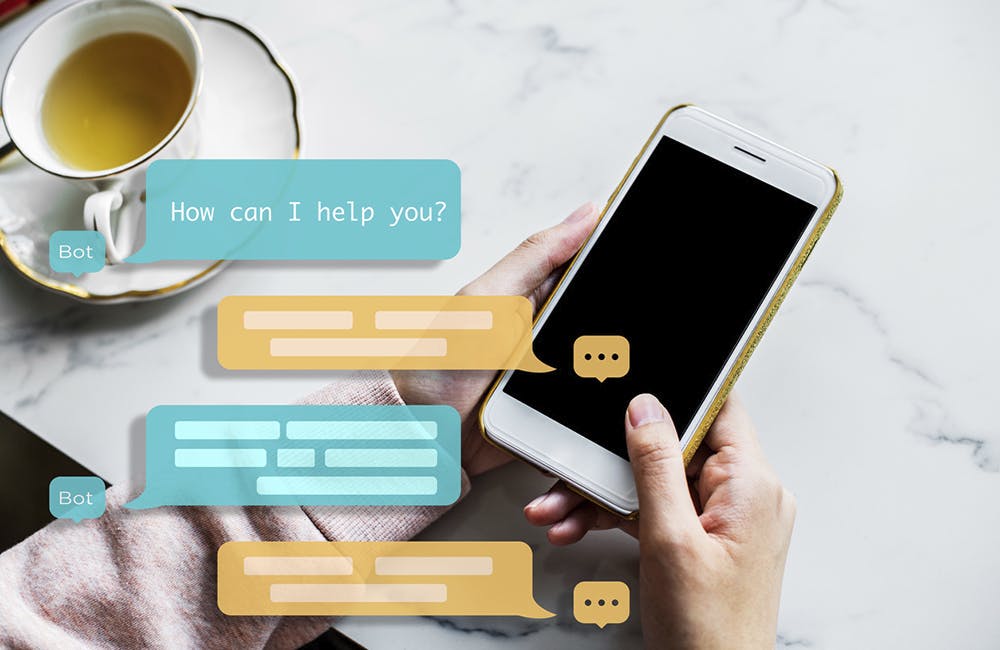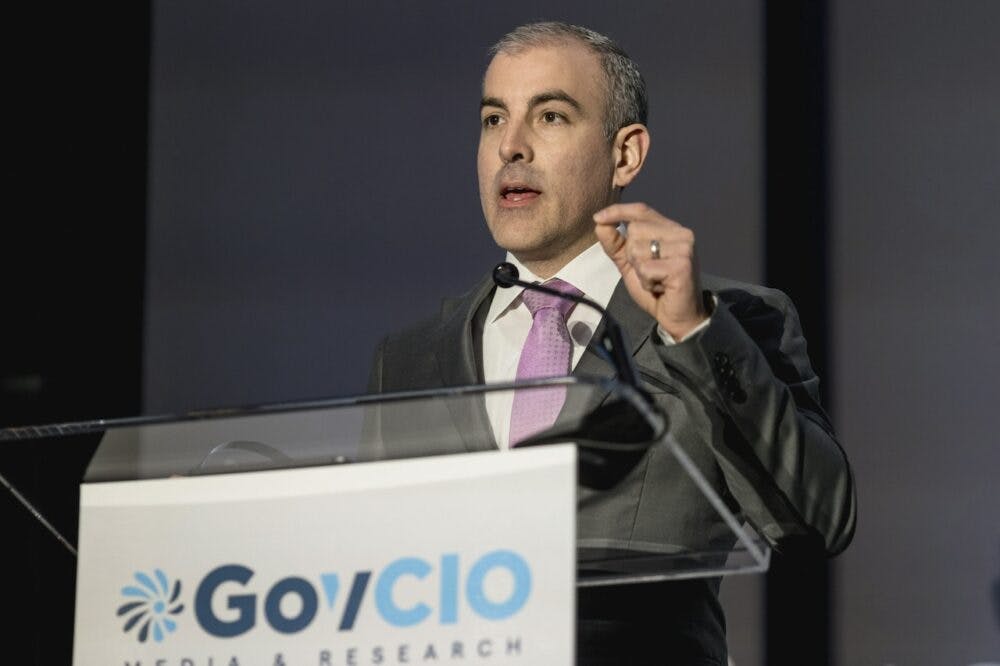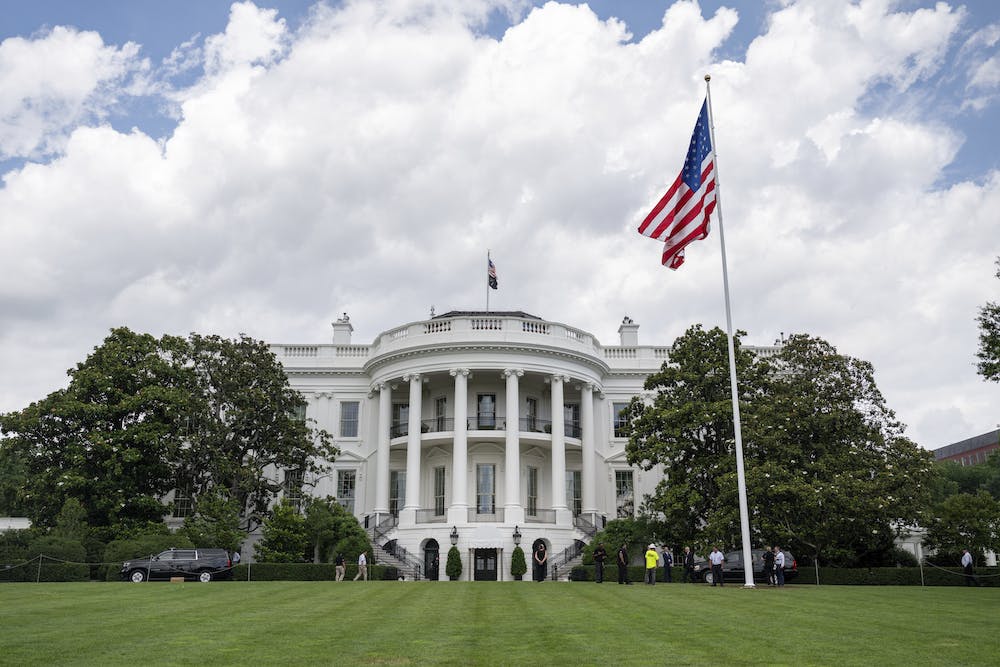How CDC’s Chatbot Can Help You Self-Check for COVID-19
The cloud-based bot is scalable and uses AI capabilities to aid concerned users in the midst of the pandemic.

The Centers for Disease Control and Prevention launched an automated chatbot to help concerned Americans self-check for coronavirus.
The Coronavirus Self-Checker is one of several online features that provide information and aid to Americans in the midst of the COVID-19 pandemic. Along with fact sheets about symptoms, preparation, community mitigation and other resources, the chatbot makes recommended courses of action for users based on their reported age, location, gender and symptoms.
The chatbot stresses it does not provide a concrete diagnosis or prescribed treatment. Rather, it provides rapid assessments based on users’ symptoms and risk factors to suggest if users should contact a medical provider or manage their illness at home.
“The purpose of the Coronavirus Self-Checker is to help you make decisions about seeking appropriate medical care,” the chatbot said. “This system is not intended for the diagnosis or treatment of disease or other conditions, including COVID-19. This system is intended only for people who are currently located in the United States.”
The CDC created the chatbot in partnership with Microsoft Azure’s Healthcare Bot. As medical facilities and hospitals increasingly become overwhelmed with new cases, high demand in testing and other nascent emergencies from COVID-19, Microsoft stressed that the chatbot it created with the CDC can help lessen provider and clinician burden.
“Microsoft’s Healthcare Bot service is one solution that uses artificial intelligence to help the CDC and other frontline organizations respond to these inquiries, freeing up doctors, nurses, administrators and other healthcare professionals to provide critical care to those who need it,” Microsoft said in a blog post.
Microsoft said its bot has fielded more than a million messages per day from users concerned about COVID-19 infections.
Because Healthcare Bot is “a scalable Azure-based public cloud service,” it allows organizations like the CDC to rapidly build and launch automated, customized bots for their websites and provides users “personalized access to health-related information through a natural conversation experience,” Microsoft said.
The CDC and Microsoft are working to expand COVID-19 response bots by creating templates that will let users assess COVID-19 risk assessments based on CDC guidelines, COVID-19 clinical triage based on CDC protocols, up-to-date answers on COVID-19 questions and global metrics of the virus.
Earlier this month, Microsoft Bing launched a COVID-19 Tracker that provides updated statistics on the number of active, recovered and fatal cases of the novel coronavirus globally, as well as aggregated articles and information about the virus.
The cooperation between Microsoft and the CDC marks one of several ways private companies are collaborating with federal agencies to address the pandemic. Last week, President Donald Trump announced his national emergency plan of action to address the COVID-19 outbreak, praising pharmaceutical organizations, private labs and tech companies in their willingness to aid in the nationwide response.
This is a carousel with manually rotating slides. Use Next and Previous buttons to navigate or jump to a slide with the slide dots
-

AI Foundations Driving Government Efficiency
Federal agencies are modernizing systems, managing risk and building trust to scale responsible AI and drive government efficiency.
40m watch -

Navy Memo Maps Tech Priorities for the Future Fight
Acting CTO’s memo outlines critical investment areas, from AI and quantum to cyber and space, as part of an accelerated modernization push.
5m read -

DOD Can No Longer Assume Superiority in Digital Warfare, Officials Warn
The DOD must make concerted efforts to address cyber vulnerabilities to maintain the tactical edge, military leaders said at HammerCon 2025.
4m read -

New NSF Program Cultivates the Future of NextG Networks
The agency’s new VINES program looks to tackle key challenges like energy efficiency and future-proofing wireless tech.
21m watch -

DHA CDAO Spearheads Master Data Catalog to Boost Transparency
Jesus Caban plans to boost DHA's data maturity through a new master data catalog, governance frameworks and inventory of tech tools.
5m read -

Trump Orders Spark Government-Wide Acquisition Overhaul
As Trump pushes for a faster, simpler procurement system, agencies are leveraging AI and adapting strategies to meet new requirements.
5m read -

IRS Makes Direct File Code Public as Lawmakers Debate Program’s Fate
The agency sees the Direct File source code as beneficial to government digital services despite what happens with it in proposed budgets.
5m read -

Inside Oak Ridge National Lab’s Pioneer Approach to AI
Energy Department’s Oak Ridge National Lab transforms AI vulnerabilities into strategic opportunities for national defense.
22m listen -

A Look at Federal Zero Trust Transformation
Recent developments from CISA and DOD show how government is advancing zero trust quickly.
20m read -

Modernization Strategies to Enable Energy Innovation
Lawrence Berkeley National Lab and Maximus experts explore the modernization strategies driving digital transformation and operational resilience within the energy sector.
33m watch -

DOI Must Modernize Energy to Win AI Race, Secretary Says
Doug Burgum links AI innovation to energy reform as DOI advances digital infrastructure and wildfire response under Trump’s tech agenda.
2m read -

NIST to Release New AI Cybersecurity Guidance as Federal Use Expands
NIST plans to release AI cybersecurity guidance within the year to support safe adoption as federal agencies expand use cases.
4m read
















